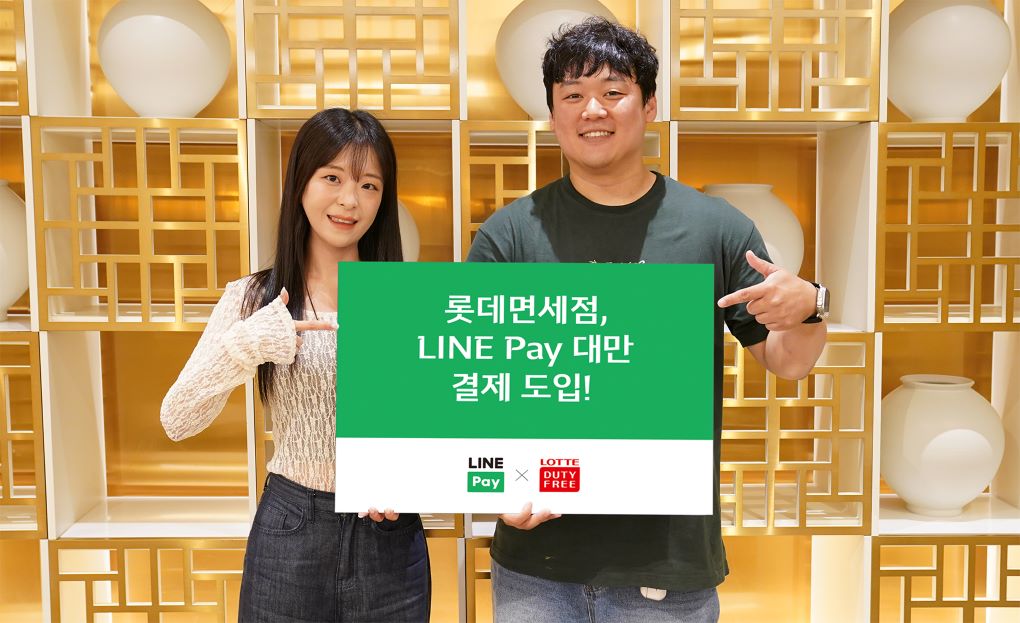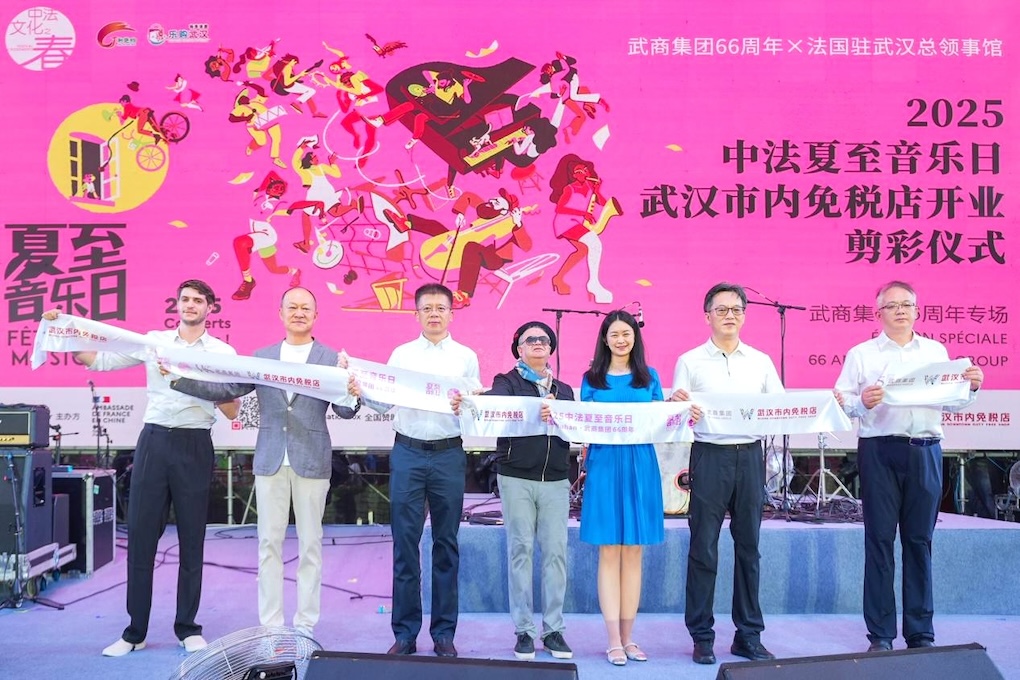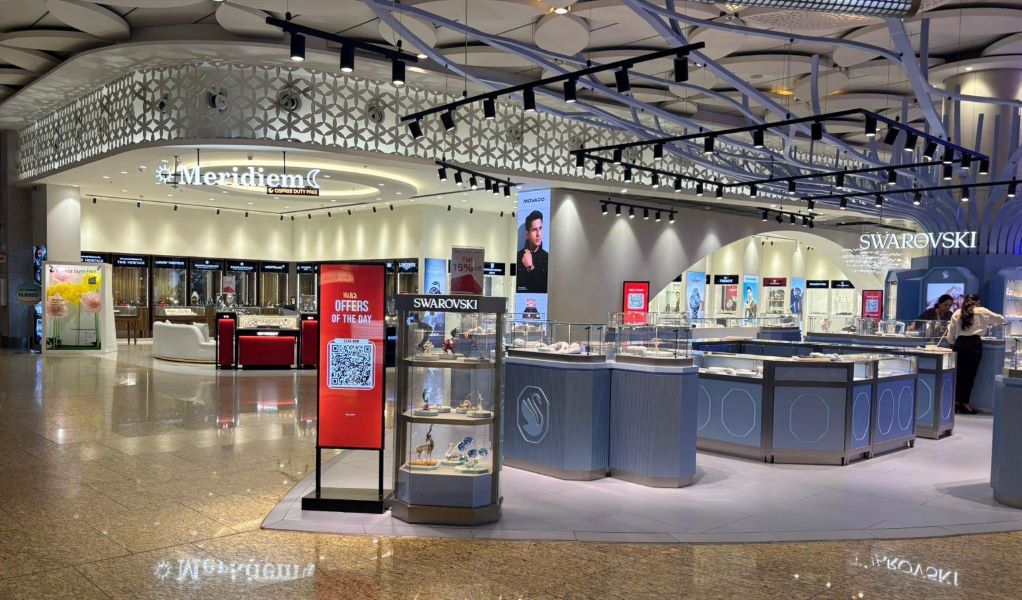AUSTRALIA. As the Sydney Airport duty free tender closes today, those bidders who have done their local market due diligence will be aware of a flourishing and cut-throat discount environment for fragrances, often fed by the grey market. This is putting severe pressure on duty free pricing and sales to Australian travellers.
Sydney Airport duty free retailing incumbent The Nuance Group has complained legitimately of the situation for months and an article in today’s Sydney Morning Herald graphically illustrates the extent of the phenomenon.
Writing in an article headed “˜Bargains are heaven scent’, reporter Harriet Alexander said: ” A perfume price war is causing a stink in the industry, but leaving consumers with the smell of success. A growing number of discount stores are selling the same fragrances for only slightly more, or even cheaper, than they can be bought duty free – and significantly less than they cost at department stores.”
She writes that while Sydney has long been synonymous with cut-price fragrances, the big discount stores are only now beginning to challenge “small upstarts” such as The Perfume Connection.
“Kmart jumped into the market about a month ago with prices up to -40% lower than those of its stablemate Myer. Discounted perfumes are also for sale at Price Attack, Priceline, Cosmo Cosmetics and online. Target plans to introduce a limited range of popular brands this year.”
The article points out that The Perfume Connection, which has sold discount fragrances for over a decade, persuaded the Government to deregulate the market and allow retailers to order directly from wholesalers overseas. Previously, department stores and local distributors dominated the market.
A discounter called Price Attack entered the market eight months ago and said its stock is “walking off the shelf”. Spokesperson Carmelo Francese told the newspaper: “There’s a huge market for imported fragrances – about A$200 million worth – and we just wanted a piece of that.”
Such moves prompted established players to lower their prices. About 12 months ago Myer began negotiating directly with large beauty houses to make fragrances more affordable. Its corporate affairs manager, John Gillman, said prices have dropped by as much as half on brands such as Estée Lauder, Christian Dior and Calvin Klein.
But there’s a catch, the report points out. “Department stores and licensed distributors say discount shoppers now risk buying counterfeit products. These are becoming more sophisticated and many are undetectable judging by the packaging alone. But the perfume does not last as long and, worse, can smell bad on the skin. They also warn that some genuine fragrances coming into Australia have been bought and sold on the black market by criminals to launder money.”
The report quotes Jean-Marc Carriol, the director of prominent fragrances & cosmetics distribution company Trimex (best known for Clarins), who said a recent random sampling of fragrance bottles in Australian discount stores by the company had found 60% had been tampered with.
“Why would you spend A$5 to redo packaging just to put the product back on the shelf to look the same?” Carriol asked. “To us that’s a clear giveaway that someone has a very big interest in not being caught in the world market.”
Neale Joseph, the General Manager of Cosmetics at leading department store David Jones, told the Herald his company has had the same experience when doing spot checks at discount stores. “We deal in genuine products and go through the correct channels,” he said.
There is little doubt that more counterfeit perfumes are on the shelves, but how much is unclear, the newspaper commented.
Eliza McIlwraith, the General Manager for Cosmo Cosmetics, which sells Dolce & Gabbana for a third of the price of David Jones’ retails, was adamant her products are genuine. Her shops had bought perfume from the same overseas wholesalers and sold them here for 15 years, she told the newspaper.
“Of course David Jones will sell [perfumes] for A$200, [but] we’re not that greedy. Fake perfumes only last 15 minutes.”
The NSW Office of Fair Trading said it receives only one or two reports of counterfeits each year. But, tellingly, Customs last week announced it had seized 30,000 bottles of fake perfumes in February worth A$2 million in what it said was the largest detection of illegal fragrances since it began checking in 2001.
The Herald said that Pearce Pharmaceuticals, the importer, had ordered 9,840 bottles branded Lancôme Miracle, 9,984 branded Gucci and 10,000 atomiser-sized bottles labelled Joop! from China. It has reportedly agreed to suspend further shipments until the case is resolved.
In an innovative but outrageous defence, the company’s Managing Director Geoffrey Pearce claimed the bottles were not counterfeit because the packaging clearly describes them as imitations of the original brand. They were destined to be sold in pharmacies or discount stores for about A$10, he said.
The Australian Consumers Association meanwhile advised consumers to be wary about fragrances that have been on the shelf for longer than two years, or out in the sun.




